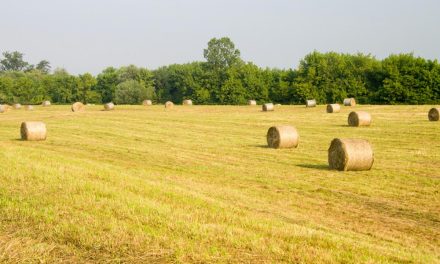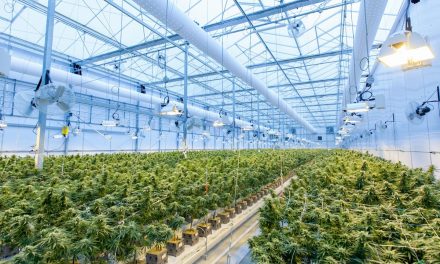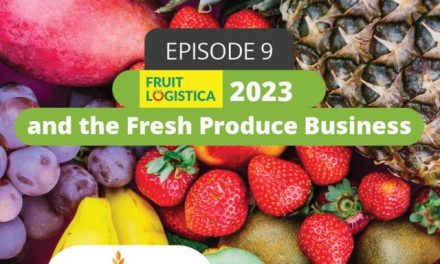
Global Food Crisis

Plenty has been said about the global food crisis, an issue that certainly represents a concern for the population worldwide, since it affects many countries on the planet. However, sometimes it seems that the issue is dealt with as if it was something from a distant future, either because it is seen as temporary or as the result of wars or political and territorial friction. For this reason, there are currently people conducting studies and research to try to provide a different approach for this problem in order to raise awareness about how close we are until the issue becomes a social conflict.
Sara Menker, founder of Gro Intelligence, which is an initiative focused on bridging data gaps in the global agricultural sector to empower decision makers to create a more connected, efficient and productive global food industry, has found in her research that while many experts recognize that a global food crisis is coming, a large percentage of them state that the solution to the problem is to produce more food since they perceive the issue as a future event, when the real scenario indicates that it is just around the corner. Therefore, there is a need to provide the world with a useful guide to understand how to avoid a global food security crisis.
What the experts say about this crisis
Menker states that every market has a tipping point where change occurs in such a fast way that it ends up affecting the world and transforming things forever. This is happening in terms of food, especially in agriculture worldwide, and it was discovered that the world will have a deficit of 214 trillion calories in 2027, a void that the world is not able to fill because the demand exceeds the capacity of the agricultural system to produce food. “This means at this point supply can no longer keep up with demand despite exploding prices, unless we can commit to some type of structural change. This time around, it won’t be about stock markets and money. It’s about people. People could starve and governments may fall.”
When it comes to the global food crisis, the world is used to speaking in terms of kilos and tons when the important thing is to address the nutritional issue because it is the calories that drive you to move forward.
A few decades ago most of Africa, Europe, Asia and South America imported calories, and surprisingly China used to be self-sufficient in food. “India was a big net importer of calories. Years later Brazil has emerged as an agricultural powerhouse, Europe is dominant in global agriculture, India is become food self-sufficient and China became an importing entity”, according to Menker
This happened because countries like India and the African continent had a green revolution becoming food self-sufficient to the point of exporting calories. China, on the other hand, changed its trend and due to rapid economic growth combined with a young and growing population, modified forever its agricultural markets. As a result, it is said that it is time to start a global “green revolution.”
If you find this topic relevant, we invite you to read these other posts: how to cultivate against natural seasons and improve water consumption in agriculture.








![[eBook] Sustainability and water management](https://agriplasticscommunity.com/wp-content/uploads/8_550x310_ENG-440x264.png)
![[eBook Trends in Agriculture Plastics] Increasing use of biodegradable mulch](https://agriplasticscommunity.com/wp-content/uploads/550 × 310_2_ENG-150x150.png)
![[eBook Trends in Agriculture Plastics] Reducing the plastic used in the manufacture of agricultural films](https://agriplasticscommunity.com/wp-content/uploads/550 × 310_1_ENG-150x150.png)










![[eBook Trends in Agriculture Plastics] Increasing use of biodegradable mulch](https://agriplasticscommunity.com/wp-content/uploads/550 × 310_2_ENG-440x264.png)





